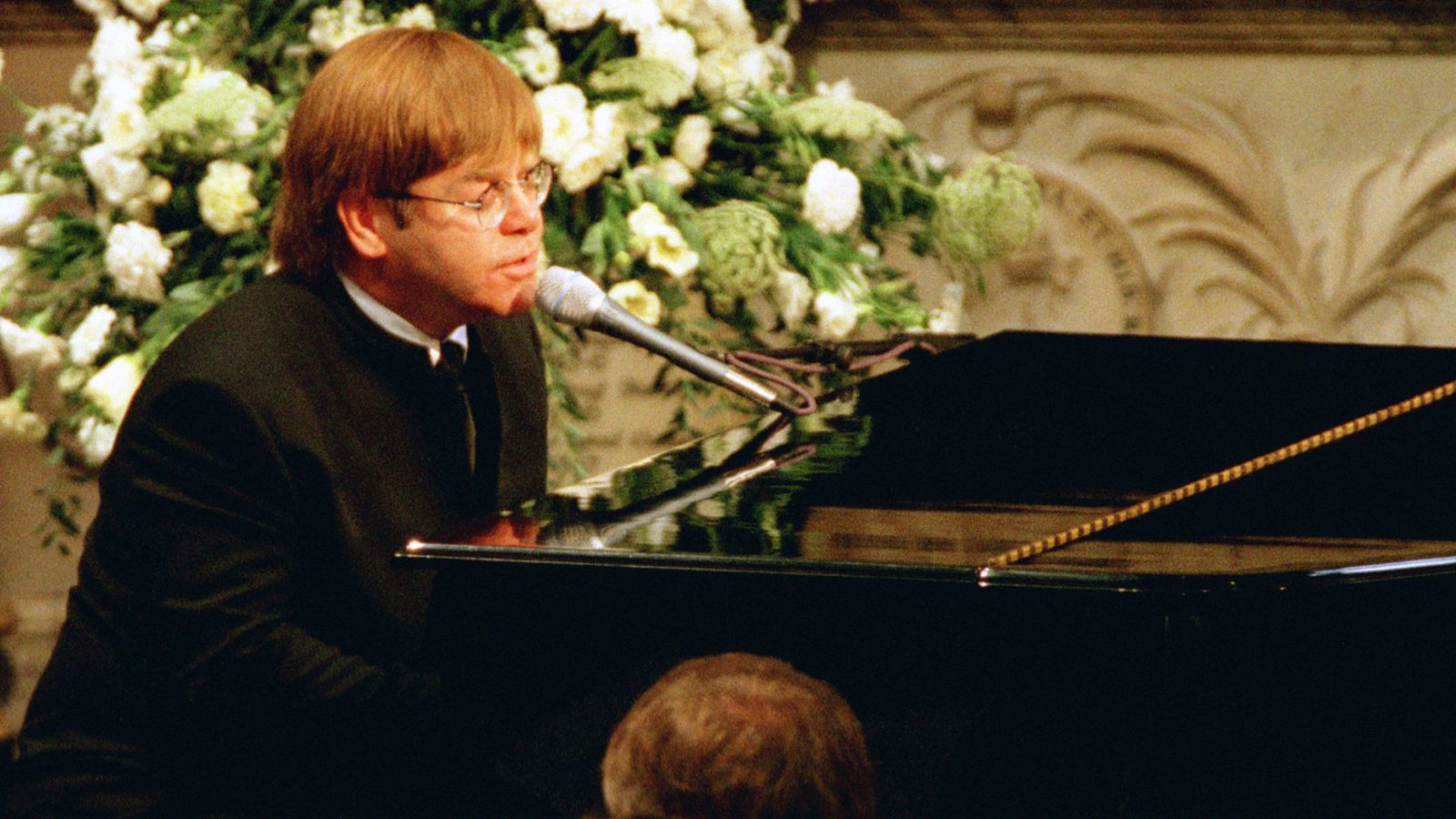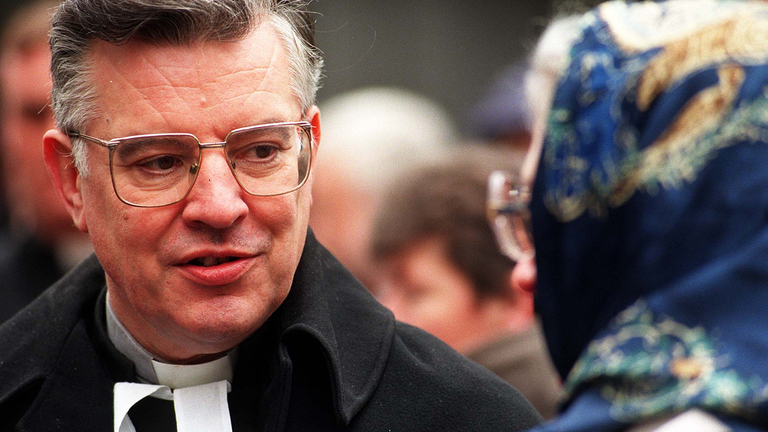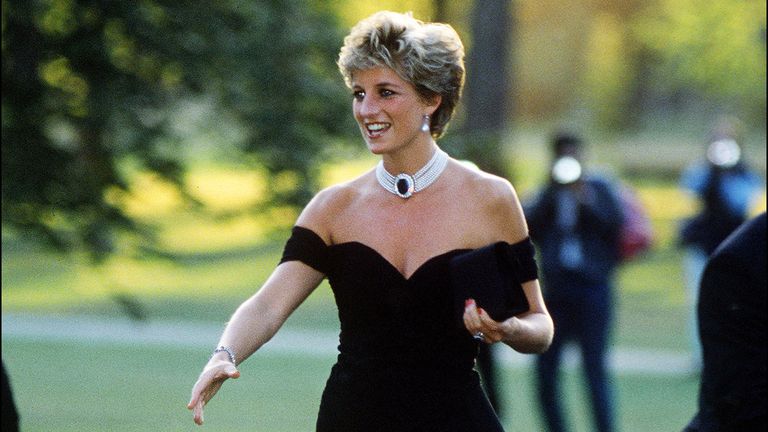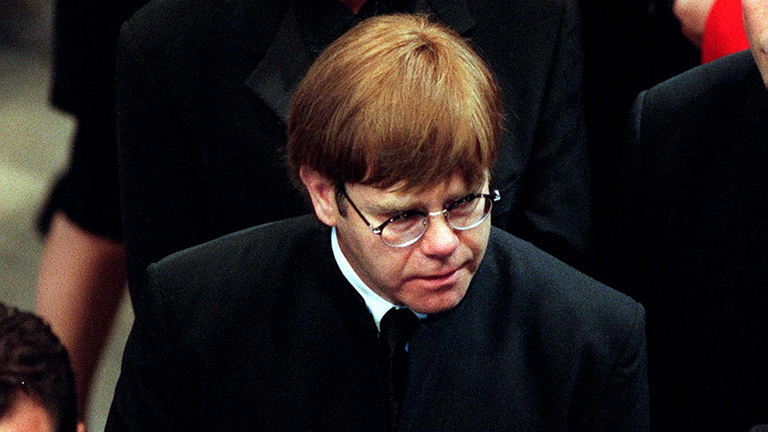The Dean of Westminster had to send a personal plea to Buckingham Palace in 1997, in an effort to get Sir Elton John to perform at Diana, Princess Of Wales’ funeral, newly released government documents show.
John’s performance of his newly re-written Candle In The Wind, is one of the most memorable parts of the service, with the track going on to sell 33 million copies around the world.
But it nearly never happened.
As part of a freshly released set of government papers by the National Archives, it appears there was resistance in the royal household to the idea, with concerns that the new lyrics to the song were “too sentimental”.
Westminster Abbey had to even put a solo saxophonist on standby to perform the song, just in case the palace refused to allow John to perform, though it was considered to be a “very second best shot”.
The Very Rev Dr Wesley Carr managed to argue that allowing Sir Elton John to perform the song would be an “imaginative and generous” gesture to the public, who were largely seen to have turned on the royals in the days following her death, with widespread anger at their perceived indifference over the tragedy.
A wave of grief swept the public after her fatal car crash in Paris on 31 August 1997, which came a year after her divorce from Prince Charles.
In a note to a senior member of the royal household, Lieutenant Colonel Malcolm Ross, Dr Carr – who was involved in negotiations over the service between the Palace and Diana’s family and officiated the service – said the song had captured the public mood.
“This is a crucial point in the service and we would urge boldness. It is where the unexpected happens and something of the modern world that the princess represented,” he wrote.
“I respectfully suggest that anything classical or choral (even a popular classic such as something by Lloyd Webber) is inappropriate.
“Better would be the enclosed song by Elton John (known to millions and his music was enjoyed by the princess), which would be powerful.
“He has written new words to the tune which is being widely played and sung throughout the nation in memorial to Diana. It is all the time on the radio.
“Its use here would be imaginative and generous to the millions who are feeling personally bereaved: it is popular culture at its best.
“If it were thought the words too sentimental (although that is by no means a bad thing given the national mood), they need not be printed – only sung.
“I would be prepared to discuss the significance of this suggestion over the phone with anyone.”
Downing Street had also been copied into the message – but according to the Archives, there is no record of a reply.
There was also more confusion about Sir Elton’s appearance, with a first draft of the order of service having him down to perform Your Song – however it was listed as Our Song instead.
In the notes, his music is described as “a different style of music, popular and associated with the princess”.



